You pelvic floor rehab starts here
Discover the Pinktens solution
Electrical stimulation (no internal probe)
Kegel exercises
Diaphragmatic breathing
How does it work?
Drawing on existing studies and hospital-based testing, we created a complete, probe-free pelvic floor rehabilitation programme. By stimulating the tibial nerve pathway at the ankle, Pinktens helps reduce bladder overactivity and improves control. Kegel exercises and diaphragmatic breathing further strengthen the pelvic floor and support proper function.
When to start?
From 6–8 weeks after birth, with prior medical approval.
How often?
Once a day; a calendar guides your sessions.
Programme length?
Just over 4 months

6 pelvic floor rehabilitation protocols
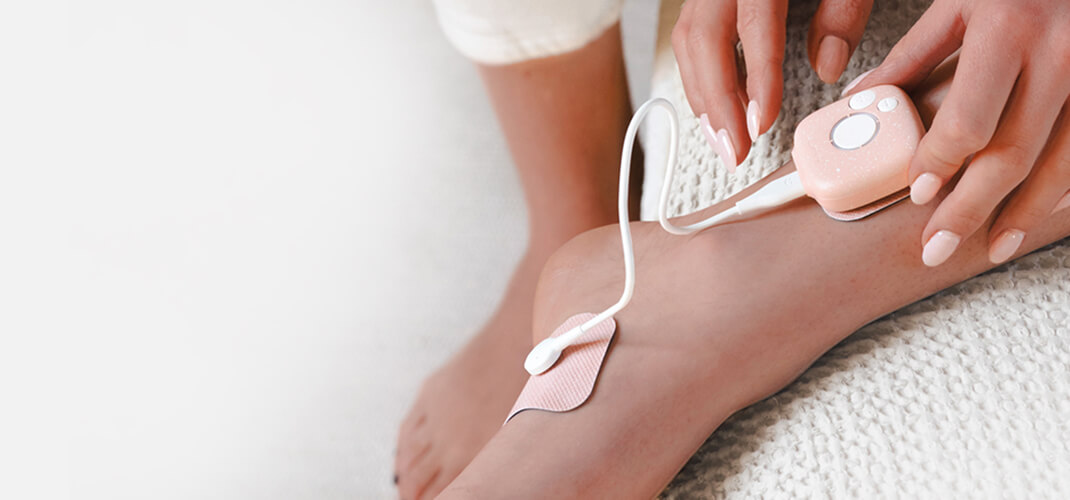
Probe-free Electrostimulation
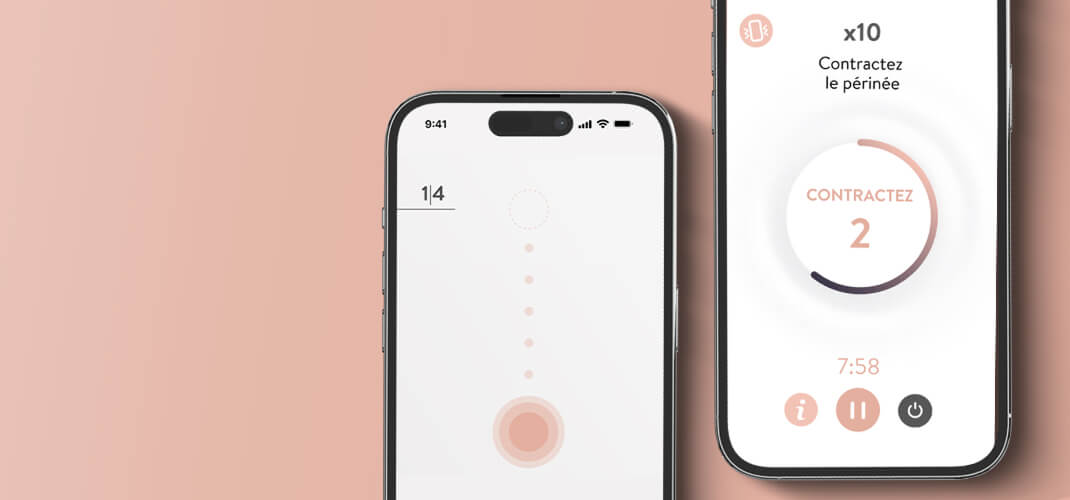
Kegel exercises

Diaphragmatic breathing

Community: support, advice and mutual help
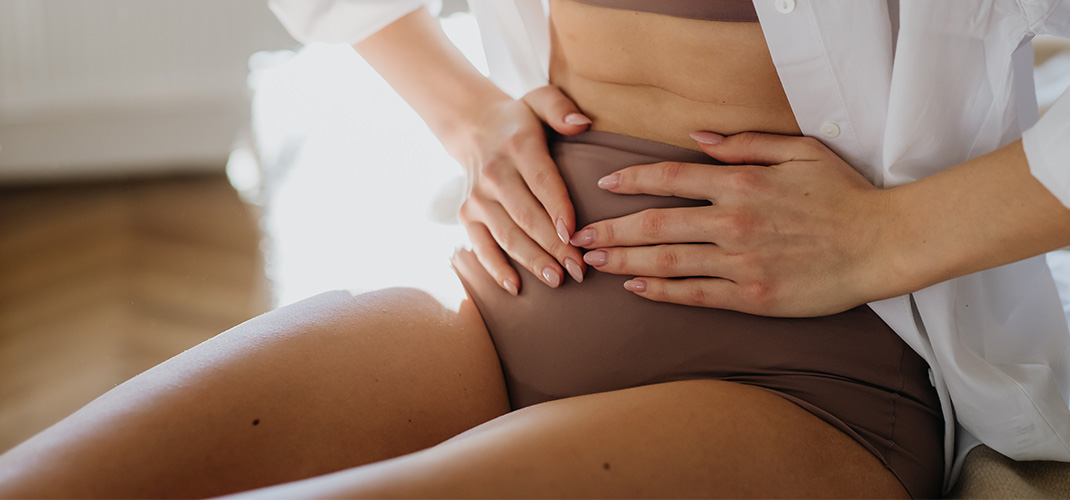
Blog: women’s health, confidence and wellbeing
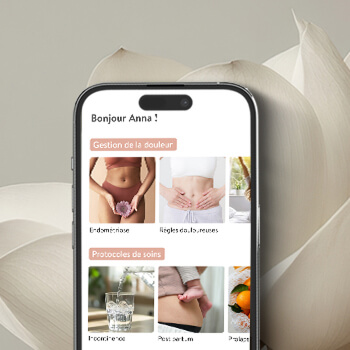
6 pelvic floor rehabilitation protocols
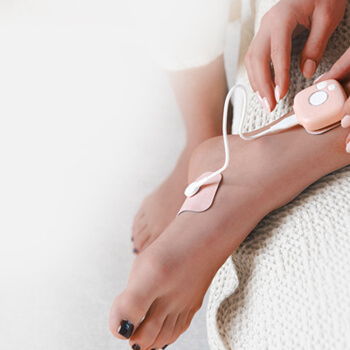
Probe-free Electrostimulation
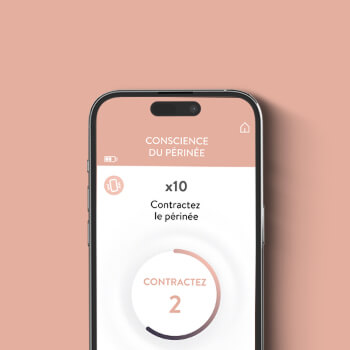
Kegel exercises

Diaphragmatic breathing

Community: support, advice and mutual help

Blog: women’s health, confidence and wellbeing
- Certified medical device
- Clinically tested device and protocols
- Fast results, proven effectiveness
Common Questions
This protocol is intended for women seeking to rehabilitate the pelvic floor (perineum) after childbirth—at home, flexibly and at their own pace. Prior medical authorisation is essential before initiating any pelvic floor rehabilitation.
Pelvic floor rehabilitation with Pinktens combines three complementary approaches: -External electrical stimulation: gentle impulses stimulate the perineal muscles without voluntary effort. -Kegel exercises: sets of targeted contractions to strengthen the pelvic floor. -Diaphragmatic breathing: improves coordination and reduces intra-abdominal pressure. This comprehensive method progressively strengthens and tones the perineum effectively.
Nothing could be simpler! Sit comfortably and plan a calm activity for about 20 minutes (browse the blog or our Instagram account, for example!) Open the App and choose the new or ongoing protocol Start the day’s program Place the electrodes following the photo placement guide Start the program and let Pinktens do the work!
Yes. The pelvic floor (perineum) is nevertheless stressed during pregnancy:
It supports the baby’s weight for nine months.
It is affected by hormonal changes that relax connective tissues.
Intra-abdominal pressure on the pelvic floor is significant, even without a vaginal delivery.
Do not use Pinktens, or seek medical advice first, in the following cases:
- You are pregnant
- You have a pacemaker
- You have type 2 diabetes with sensory impairment
- You have recurrent, undiagnosed pain
- You have metallic implants in your body (except dental fillings and IUDs)
- You gave birth less than 6–8 weeks ago and have not been medically cleared to start rehabilitation
- You have had recent pelvic floor surgery – seek your surgeon’s advice When in doubt, contact us!
Why is rehabilitation essential after childbirth?
During pregnancy and delivery, the pelvic floor is subjected to substantial strain. Without appropriate management, this may lead to short- or long-term functional disorders. Rehabilitation is important to:
- Prevent urinary incontinence and pelvic organ prolapse.
- Address abdominal wall separation (diastasis recti) and improve abdominal tone.
- Alleviate pain (low-back, perineal or abdominal tension).
- Restore sexual comfort.
